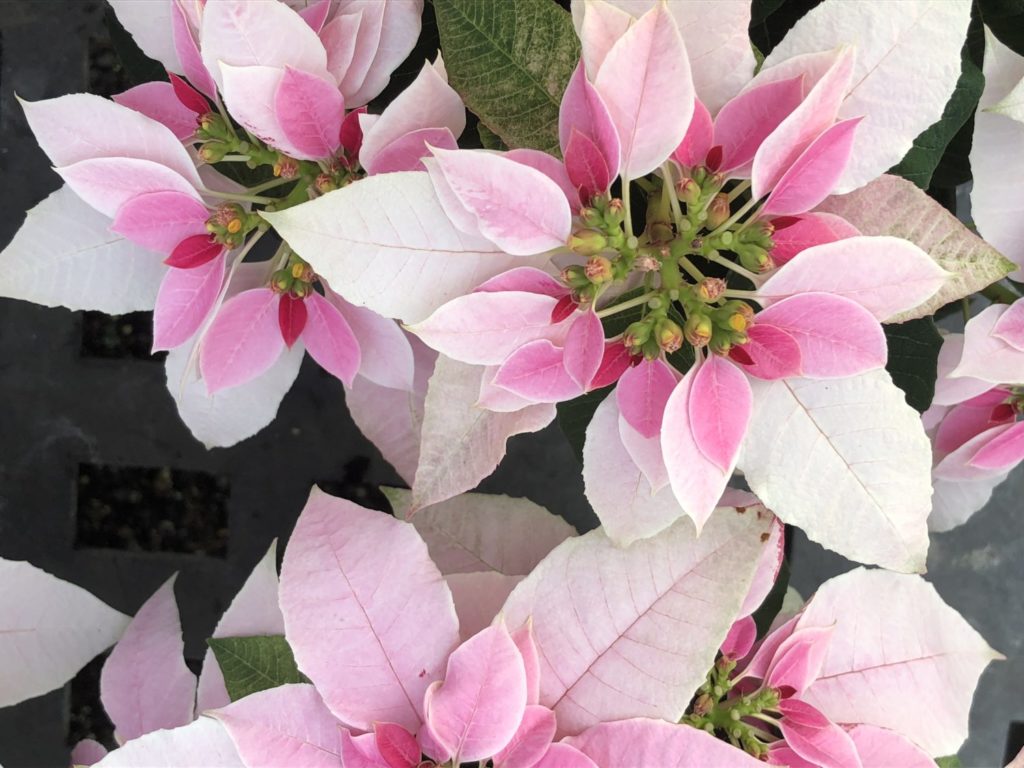
Dispel the Poinsettia Toxicity Myth
It’s time to take poinsettia off Santa’s ‘naughty’ list, says University of Missouri Extension horticulturist David Trinklein. He says its pretty bracts and leaves pose no danger to people and pets, other than possible allergic reactions.
The myth can be traced back to a 1919 incident in Hawaii involving the death of a 2-year-old child, presumably after eating poinsettia leaves. It was later revealed that the child died from other causes and poinsettia was not involved, but the damage to poinsettia’s reputation was done.
In a 1971 study funded by the Society of American Florists, scientists at Ohio State University fed lab rats “extraordinarily high doses of various portions of the poinsettia.” A human would have to devour several pounds of poinsettia to get an equivalent dose. Yet the rats appeared to be fine. Scientists observed “no mortality, no symptoms of toxicity nor any changes in dietary intake or general behavior pattern.”
In the 1990s, researchers at Carnegie Mellon University in Pittsburgh analyzed almost 23,000 cases of poinsettia ingestion reported by poison control centers. More than 92% of patients showed no ill effects at all, and no one died or became critically ill.
Trinklein noted that poinsettia’s sap, which has several proteins in common with natural latex rubber, can cause allergic skin reactions. Therefore, the plants should be kept out of the reach of children.
Educating Garden Centers Customers
The Society of American Florists urges garden centers to set the record straight with customers on this longstanding myth: the poinsettia is the most widely tested plant and has been proven to be non-toxic.
SAF’s Poinsettia Brochure and Fliers include information on the toxicity myth and other helpful facts, such as care and handling tips. Print some out to have near poinsettia displays, keep some at the checkout counter and arm staff with a few to give to customers.

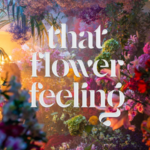
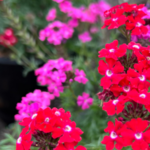






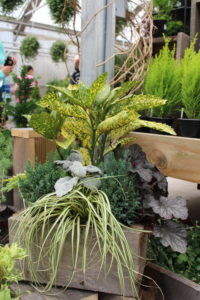




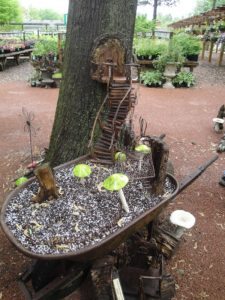
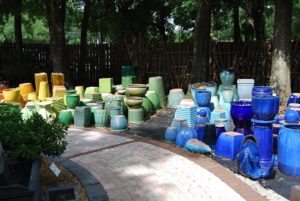
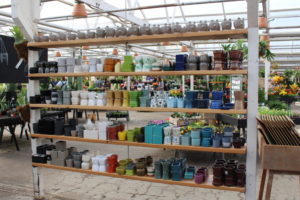

 Videos
Videos





